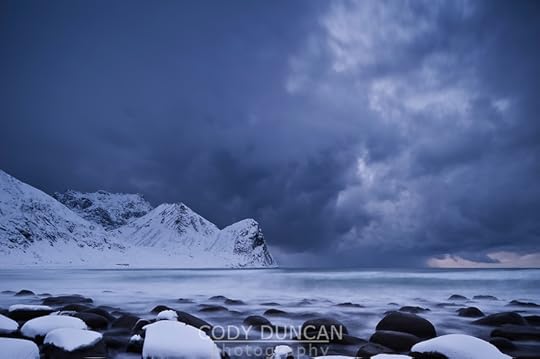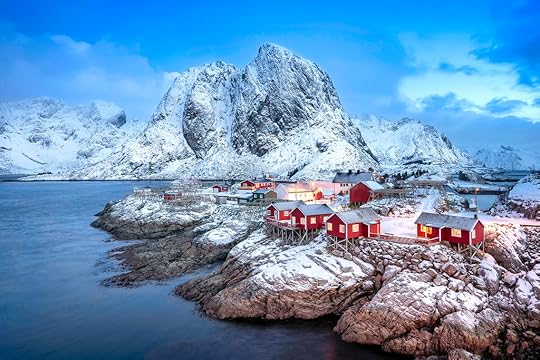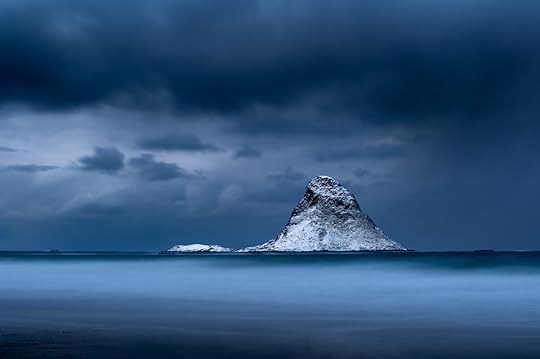What do you think?
Rate this book


268 pages, Hardcover
First published August 15, 2013





"She doesn’t like these storms, the creaking of the house and the trumpet blasts from the chimney, the whole universe in turmoil, the wind that tears the breath out of her lungs when she goes to the barn with her mother, that drives the moisture from her eyes and sweeps her into walls and bowed trees, and forces the entire family to camp down in the kitchen and sitting room, and even there they don’t get a wink of sleep."